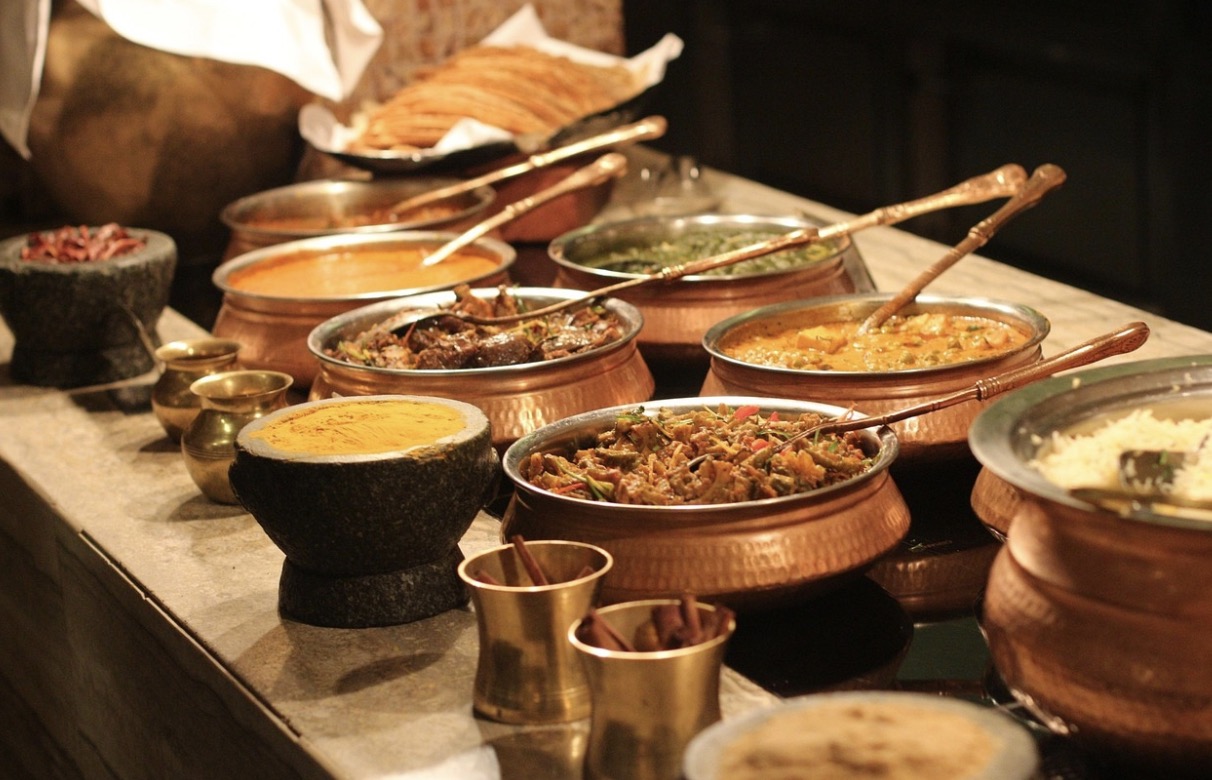Food planning plays a pivotal role in orchestrating successful special occasions. It is a crucial consideration because tasteful and well-prepared meals can enhance the event, leaving a lasting impression on guests. When it comes to special occasions, meal planning often requires a more nuanced approach than everyday meals. Each event, be it a wedding, corporate function, or an intimate home gathering, demands a unique culinary repertoire that aligns with its specific theme, the dietary preferences of the attendees, and the atmosphere one aims to create. A thoughtful, well-planned menu not only satiates the palates but also contributes to the overall aesthetic and mood of the occasion. Understanding the intricacies of food planning for special occasions is, therefore, a rewarding endeavor that can significantly elevate the success of any event.
Reader's Roadmap
Understand Your Audience’s Dietary Preferences
Knowing the tastes and dietary restrictions of your guests is crucial. This includes awareness about any allergies, vegetarian or vegan preferences, and religious food restrictions. If you decide to hire catering, whether Chef Crusco Catering or your local catering company or maybe hire professional chefs to prepare the food, you would want to ensure that they are aware of your guests’ dietary needs. Moreover, it is vital to provide a range of options for those with varying dietary preferences. This ensures that all guests feel included and can enjoy the food without feeling left out. Even if you are preparing the food yourself, make sure to do your research and offer a diverse menu that accommodates everyone’s dietary needs.
Choose a Suitable Menu
A formal event might demand a multi-course meal, while a casual gathering may be best suited to a buffet or finger foods. Consider the theme of the event and select dishes that complement it. For example, for a beach-themed party, seafood can be incorporated into the menu, while a winter wedding may feature hearty soups and stews. It is also essential to keep in mind any cultural or traditional foods that may be appropriate for the occasion. Furthermore, be mindful of incorporating a variety of flavors and textures to cater to different tastes.
Consider Seasonal and Fresh Ingredients
Utilizing seasonal and local produce enhances the freshness and quality of your dishes, providing a superior dining experience. It also supports local farmers and reduces the carbon footprint of your event. Use in-season fruits and vegetables to create colorful, vibrant dishes that are not only visually appealing but also bursting with flavor. Additionally, using fresh ingredients allows for more creativity in your menu planning as you can experiment with different flavors and textures. Moreover, opting for sustainably sourced and organic ingredients can add an extra touch of elegance and sophistication to your event.
Account for Quantity
Make sure there’s plenty of food. It’s better to have leftovers than to run out of food during the event. Consider the length of your event, the number of guests, and their appetites when determining the quantity of food to prepare. If you are unsure about how much food to make, consult a professional caterer or use online calculators to estimate the amount needed. It’s always better to err on the side of caution and have extra food than to have disappointed guests. Of course, it’s also important to consider any storage and food safety guidelines to ensure that leftovers can be safely consumed.

Test Recipes in Advance
If you’re planning to introduce new recipes, ensure that they’re tested well in advance to avoid last-minute issues. This is especially important for dishes that require special equipment or techniques. It’s always better to have a practice run before the event, so you can make necessary adjustments and ensure the dish turns out as desired. Additionally, this allows time to identify any potential allergies or dietary restrictions that may arise from new recipes. When it comes to special occasions, it’s always better to stick to tried and tested recipes that you know will be a hit with your guests.
Plan for Variety
Offer a variety of dishes to cater to the diverse taste preferences of your guests. This includes a good mix of both vegetarian and non-vegetarian options. It’s also a good idea to have a mix of hot and cold dishes, as well as different types of cuisines. This not only ensures that all guests are satisfied but also adds an element of surprise and excitement to the menu. Additionally, consider offering alternative dishes for common favorites such as chicken or beef for those who may not eat these options. From appetizers to desserts, aim for a well-rounded menu that leaves everyone happy and satisfied.
In retrospect, most special occasion planning revolves around the food. Whether it’s a wedding, holiday party, or birthday celebration, food plays a crucial role in creating an unforgettable experience for guests. By understanding your audience’s dietary preferences, choosing a suitable menu, utilizing seasonal and fresh ingredients, accounting for quantity, testing recipes in advance, and planning for variety, you can ensure that your event is a success from start to finish. With a well-planned food menu, you can add an extra touch of elegance and sophistication to your special occasion, leaving a lasting impression on your guests for years to come.







Leave a Reply
View Comments